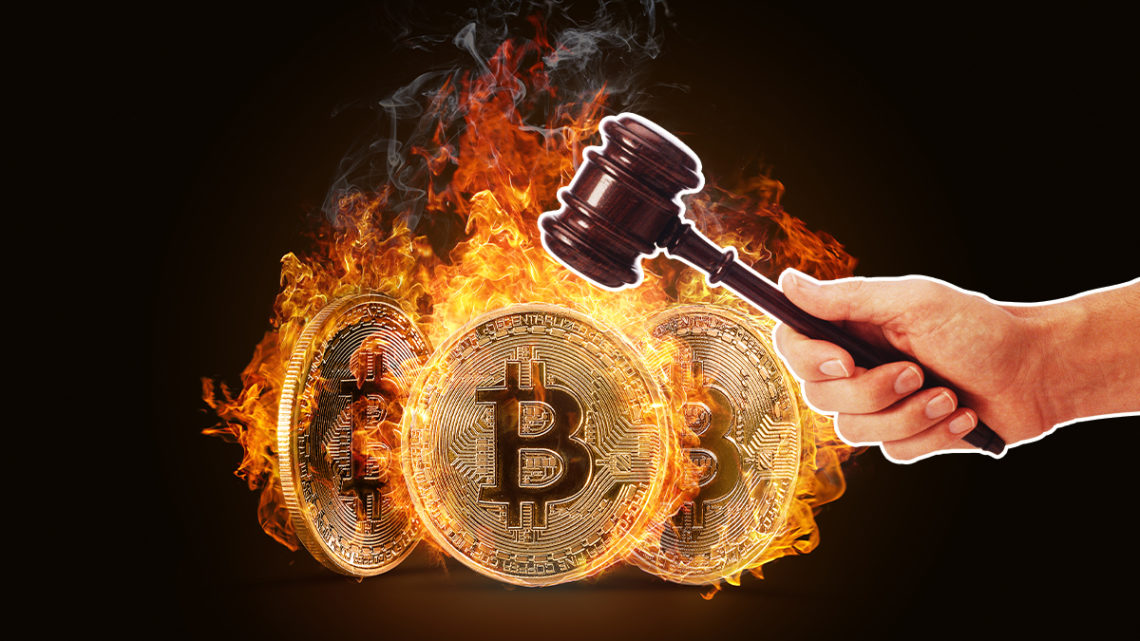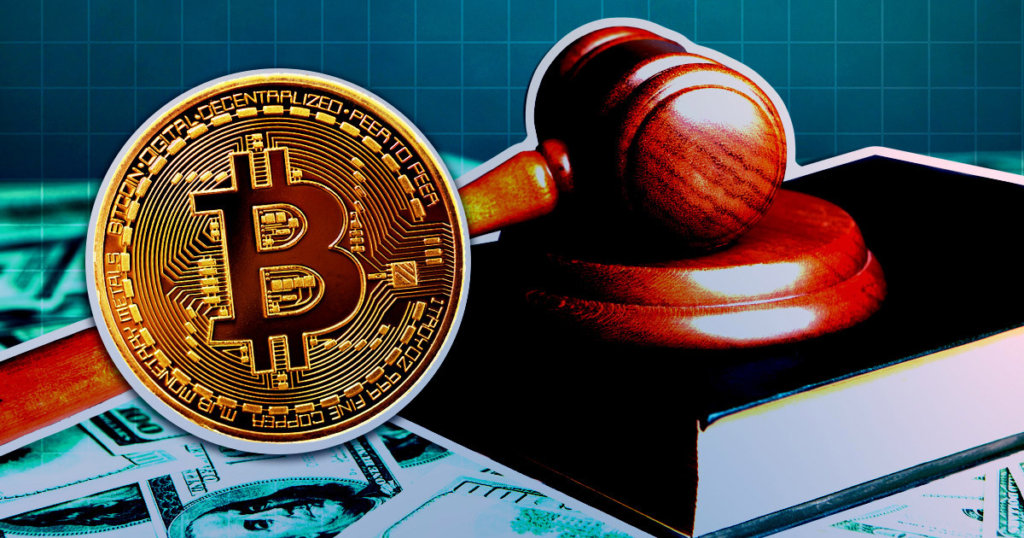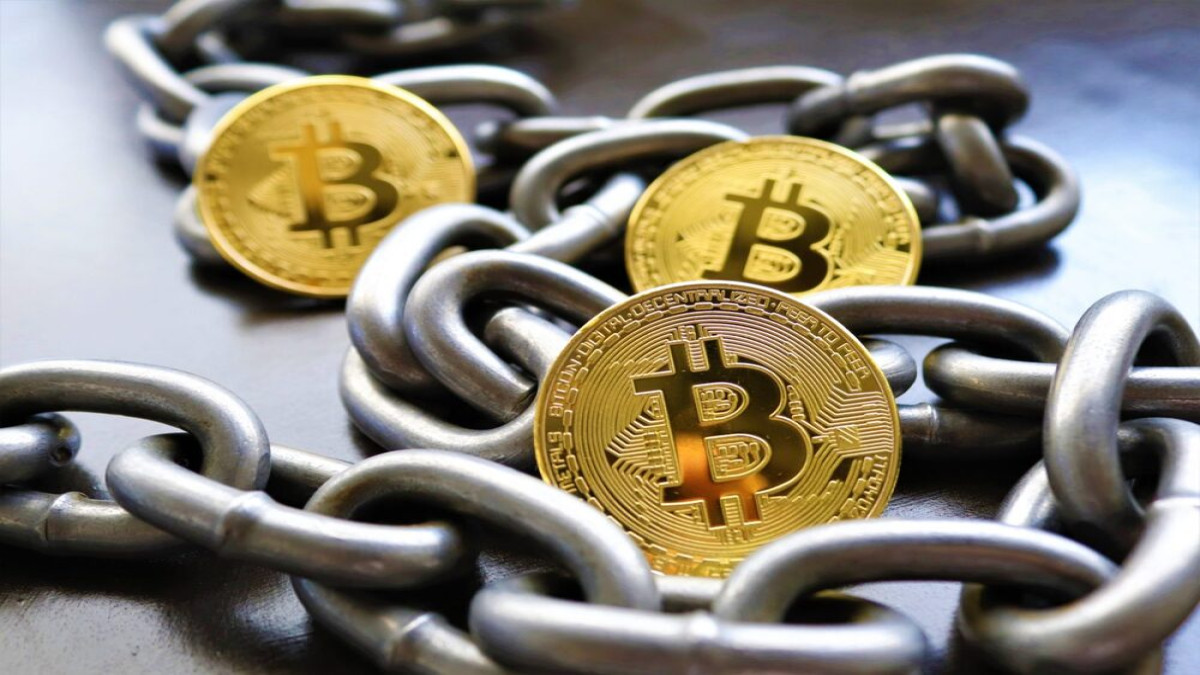To help protect investors, Dubai has issued crypto marketing regulations
For Crypto Speculation's Sake
International regulations will stifle the cryptocurrency market or attract new users?
Under the guise of consumer protection, steps are being taken around the world to monitor and control the quickly developing digital asset market. On Monday, the Australian government announced a new regulatory framework for cryptocurrencies, and in April, it was reported that the U.K. government would introduce new regulations for stablecoins.
Australian Treasurer Jim Chalmers stated in a statement that "token mapping' work, which will help define how crypto assets and related services should be regulated, will be prioritized by the Treasury in 2022." (Mapping is a technique that would take into account the actual use of a cryptocurrency and its underlying code when classifying an asset, theoretically allowing Australia to take a more lax approach to digital asset oversight.)

"We want to see the businesses of tomorrow - and the jobs they create - here in the U.K.," said Rishi Sunak, Chancellor of the Exchequer of the United Kingdom, back in April. "By regulating properly, we can give them the confidence they need to think and invest long-term."
Regulators throughout the world are faced with the difficult task of creating regulations that can take into consideration all the different ways open source cryptocurrencies might be used without strangling innovation.
In order to bring stablecoins under a regulatory framework that will enable the U.K. to become a "crypto hub," the U.K. Treasury, for example, plans to pass legislation to clarify stablecoin regulation for payments. This will give the government increased control over agencies like the Financial Conduct Authority (FCA).

In addition, the European Union unveiled its eagerly anticipated Markets in Crypto Assets (MiCA) bill in June of this year. This new law aims to regulate both digital assets and stablecoins, and it would oblige companies that deal in digital assets to reveal all cryptocurrency transactions that happen on their platforms.
In April, the Securities and Exchange Commission (SEC) announced that the leading crypto asset exchanges should be required to register with the SEC and abide by all applicable financial trading rules. This announcement followed quickly on the heels of that.
Global officials maintain that these measures are intended to protect consumers and put the various regulatory entities at the forefront of the rapidly evolving digital asset landscape. Blockchain enthusiasts and experts agree that new regulations like these might jeopardize the innovation that has made the technology so popular and even jeopardize the safety of the very people they are meant to safeguard.
46 top crypto companies expressly criticized the EU's MiCA plan for having provisions that put owners of digital assets at danger, including their privacy and the security of their personal data. The 46 signatories to the letter addressed to the EU finance ministers also claimed that the legislation would put the EU at odds with other nations, making it a much less competitive site for crypto businesses and discouraging top tech talent from operating in EU countries.

Ironically, Bitcoin's invention and the recent explosive rise of digital asset markets globally were both motivated by mistrust of governments' traditional function as issuers of fiat money. Additionally, the astounding rise in the adoption of cryptocurrencies, non-fungible tokens (NFT), and other digital assets would suggest that users are happy with the risk associated with the unpredictable market.
Unfortunately, it still seems more like a matter of "when" than "if" these onerous laws and regulations will be implemented.
==========















